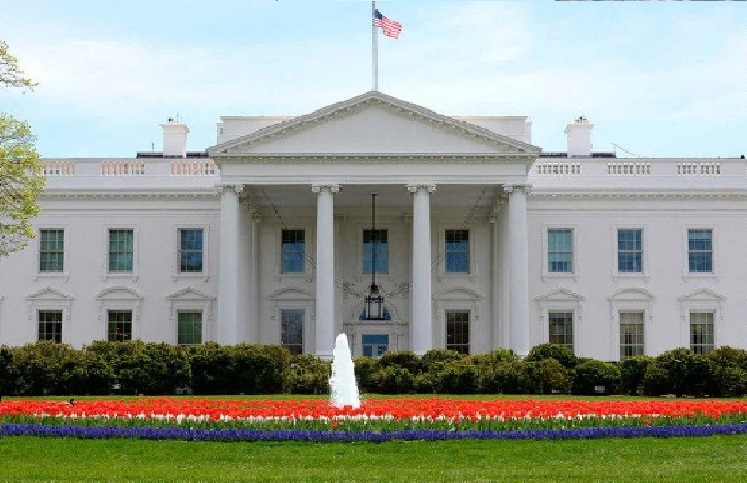- August 21, 2019
- No Comment
- 131
Trump Administration announced New Regulations for detaining Immigrant Children

The administration of U.S President Donald Trump announced a sweeping set of new regulations for detaining immigrant children. It will end an agreement that kids should not be held in detention for more than 20 days. The Secretary of U.S Department of Homeland Security, Kevin McAleenan issued a press conference on Wednesday morning and announced the changes. He said the move was an effort to terminate the incentive for human smugglers using children gain entry to the United States. McAleenan said, “No child should be a pawn in a scheme to manipulate our immigration system”. The new regulation will eliminate the guidelines set by the 1997 Flores Settlement Agreement. It needs the government to keep migrant kids in the least restrictive setting possible.
It is noteworthy that the court ruled children could no longer be held indefinitely in detention centers and either had to be released to a family member or transferred to a licensed care facility. A federal judge also banned the government from keeping migrant families with children in detention for more than 20 days. McAleenan said, “This single ruling has substantially caused and continued to fuel the current family unit crisis and the unprecedented flow of Central American families and minors illegally crossing our border, until today”.
The federal government will hold migrants together in family residential centers. The new rule is focusing on keeping family units together during immigration court proceedings. These facilities will offer healthcare, classrooms for minor children, and rooms in which migrants can meet with their lawyers and representative ahead of court hearings. The DHS chief also said, “At the heart of this new rule are two core principles: that families should stay together during immigration proceedings and that conditions for the care of children must be appropriate”. The Department of Homeland Security has created 3 family residential centers, with a total of 2,500 to 3,000 beds.








